An Unexpected Disappointment: The Hobbit Film Trilogy
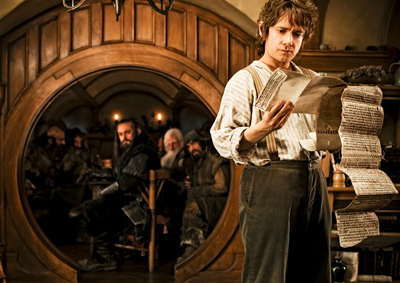
This winter, Peter Jackson released the final part of his Hobbit film trilogy. So far as I can tell, the films have been well received, though I have not felt the same level of hype around this Middle Earth film trilogy as was associated with The Lord of the Rings films. Of course, this could be a personal bias, as frankly, I was disappointed with the entire Hobbit journey, there and back again.
As big a fan of Tolkien as I am, and as influential as his work has been on my own writing and art, I can admit Tolkien is not for everyone. The Lord of the Rings is criticised by some as being long and tedious to read and I understand why, though I personally find Tolkien’s writing style to be rich and engaging. To each his own.
I also realise that I’m probably in the very small minority (even amongst Tolkien fans) who loves The Silmarillion to the point of possibly considering it Tolkien’s greatest work–a book which most fans have never been able to finish reading. It’s because I understand these things that I don’t recommend Tolkien’s books to people, though he is my favourite writer of all time. However, if there was one Tolkien story that I would recommend because I feel anyone could enjoy it, it would be The Hobbit.
Unlike its sequel and its prequel, The Hobbit is not an epic. It moves at a good pace, it’s an easy read and it focuses on the personal and physical journey of its title character, the Hobbit, Bilbo Baggins. The films, however, were an over bloated mess, both with regard to the source material and considered apart from it.
To begin with, it’s not until about 45 minutes into the first film that Bilbo leaves his little Hobbit hole to begin his journey (I know because I’ve clocked it). Where The Lord of the Rings has been criticised for featuring a seemingly endless string of clips of its characters walking from one place to another, in The Hobbit: An Unexpected Journey it took half the length of an average feature film just for the characters to begin walking. That’s far too much time to get the plot moving–it’s simply poor filmmaking and poor storytelling.
On the other hand, the remainder of the films move at such a fast pace that insufficient time is spent on the characters or the emotions of each scene. Perhaps if less time was spent at Bag End, or say, maybe they cut out the bit where the Dwarves battle Smaug (present for no other reason than to show off twenty minutes of computer animation), there might have been more time to tell an interesting story. Instead, much like George Lucas’s approach to prequels, Peter Jackson spent so much time visuals and creating a sense of epicness that he turned a blind eye to what actually makes a story compelling: its characters and their struggles.
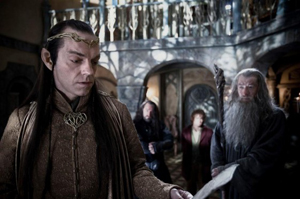 And therein lies another problem with the films. As I said, the book was about Bilbo’s journey, and after all, the book and these films are titled The Hobbit, yet for all intents and purposes, after the first film, there was very little of Bilbo in them. Sometimes I almost forgot he was there. I know he’s rather small, but a story should largely focus on its main character, even if other characters and scenes come into that story. We don’t get much of Bilbo’s perspective on these greater events, and he seemed to develop very little after the first film, which ended with the Dwarves accepting him as one of their own. There was not much further for Bilbo’s character to grow after that.
And therein lies another problem with the films. As I said, the book was about Bilbo’s journey, and after all, the book and these films are titled The Hobbit, yet for all intents and purposes, after the first film, there was very little of Bilbo in them. Sometimes I almost forgot he was there. I know he’s rather small, but a story should largely focus on its main character, even if other characters and scenes come into that story. We don’t get much of Bilbo’s perspective on these greater events, and he seemed to develop very little after the first film, which ended with the Dwarves accepting him as one of their own. There was not much further for Bilbo’s character to grow after that.
As far as straying from the book, there were a myriad of issues, many of which I will pass over in silence, lest I be accused of being a rabid fanboy (too late?). Though, I will say in relation to the above statements, the book essentially ends with both Bilbo and the Dwarves’ (especially Thorin’s) acknowledgement of Bilbo’s worth, after a long, long period of doubt, on both their parts. What’s more, despite its importance to The Lord of the Rings, the Battle of the Five armies was a less emphasised part of the book than was Smaug. Yet, in the films, Smaug is almost a footnote, his death designated to the beginning of the third film. And, let me add that turning The Hobbit: The Battle of the Five Armies into a two hour long battle scene was certainly impressive, but sometimes the most impressive bits don’t make for the best story. That’s why writers and filmmakers have editors, after all.
That all said (and I could say a deal more), it is surprising Peter Jackson turned out such shoddy films. His Lord of the Rings trilogy, whilst not a perfect adaptation (in the strictest sense), balanced the fine line between keeping true to the source material and telling a compelling story in a different medium. The Lord of the Rings films were good on their own merit and were equally faithful to the book.
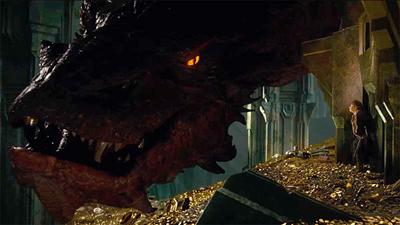
The Hobbit films, in my opinion, failed on both counts, and they were too long, collectively and individually. One film would have been enough, certainly no more than two with the addition of the White Council and the Necromancer (which I was excited to see, but again was left disappointed by the execution). I cannot help think that with MGM and Warner Bros behind these films (rather than New Line Cinema) Peter Jackson was pressured into making a new Middle Earth film trilogy. That or as happens with many creators who have seen too much success, Peter Jackson has forgotten the fundamentals of his craft.
Who am I to say? What I can say, however, is that these films were not as good as their predecessors would have led me to believe, from a fan’s perspective or not, and it’s a severe disappointment, as I was very much looking forward to them.




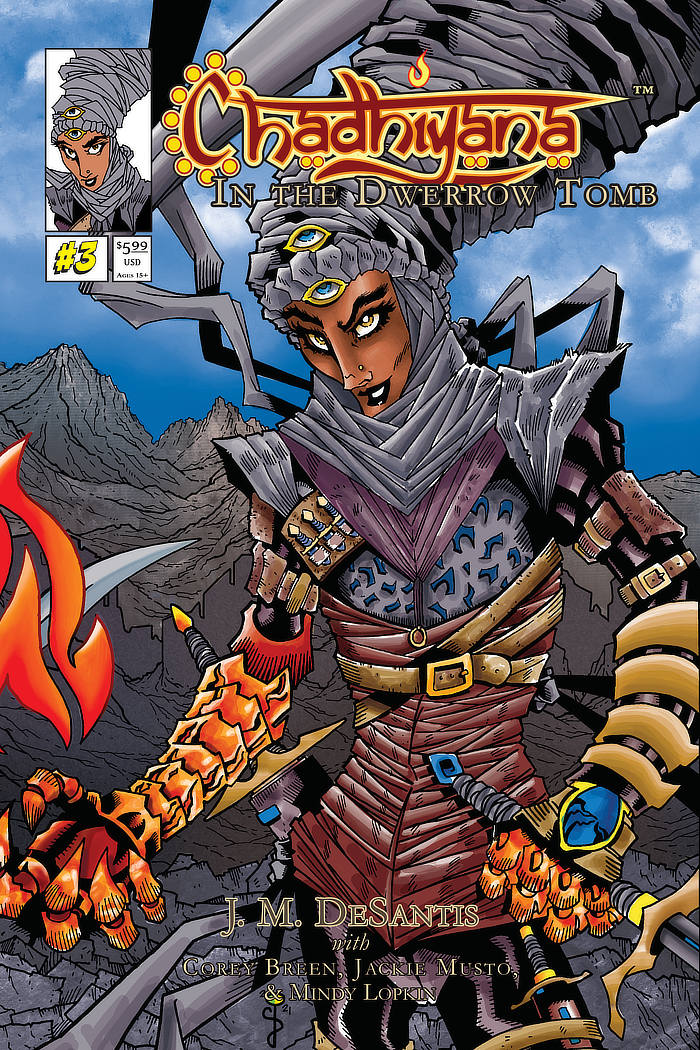
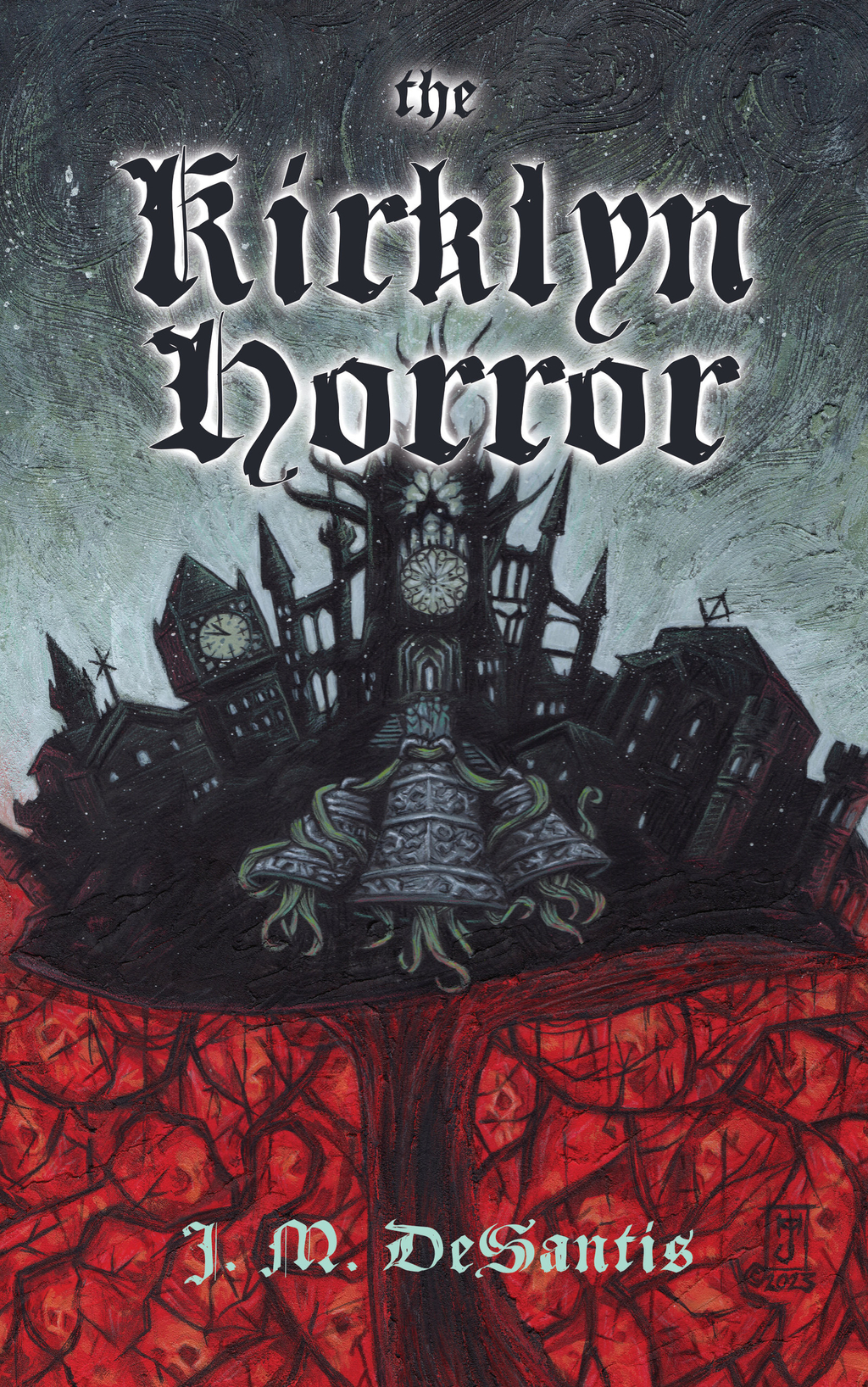
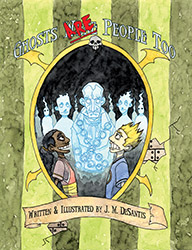
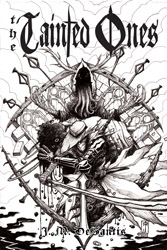
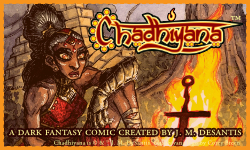
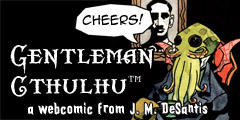
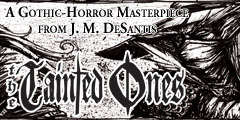
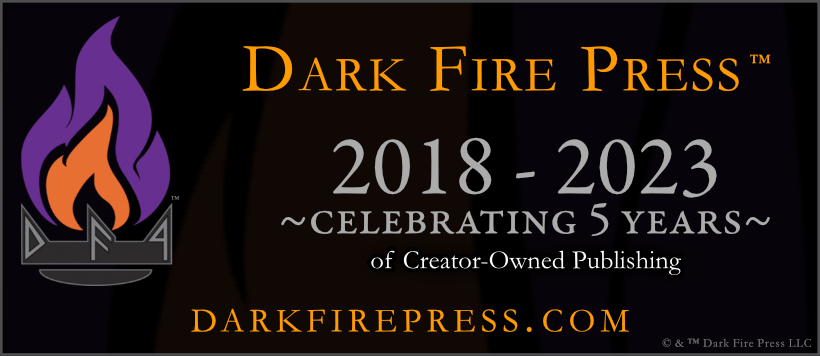


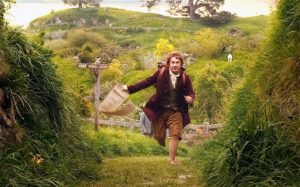
Comments:
Agree on every point, including that the Silmarillion is Tolkien’s best book.
Ok… I did enjoy the films, but I can understand why reading the books can give you a different opinion.